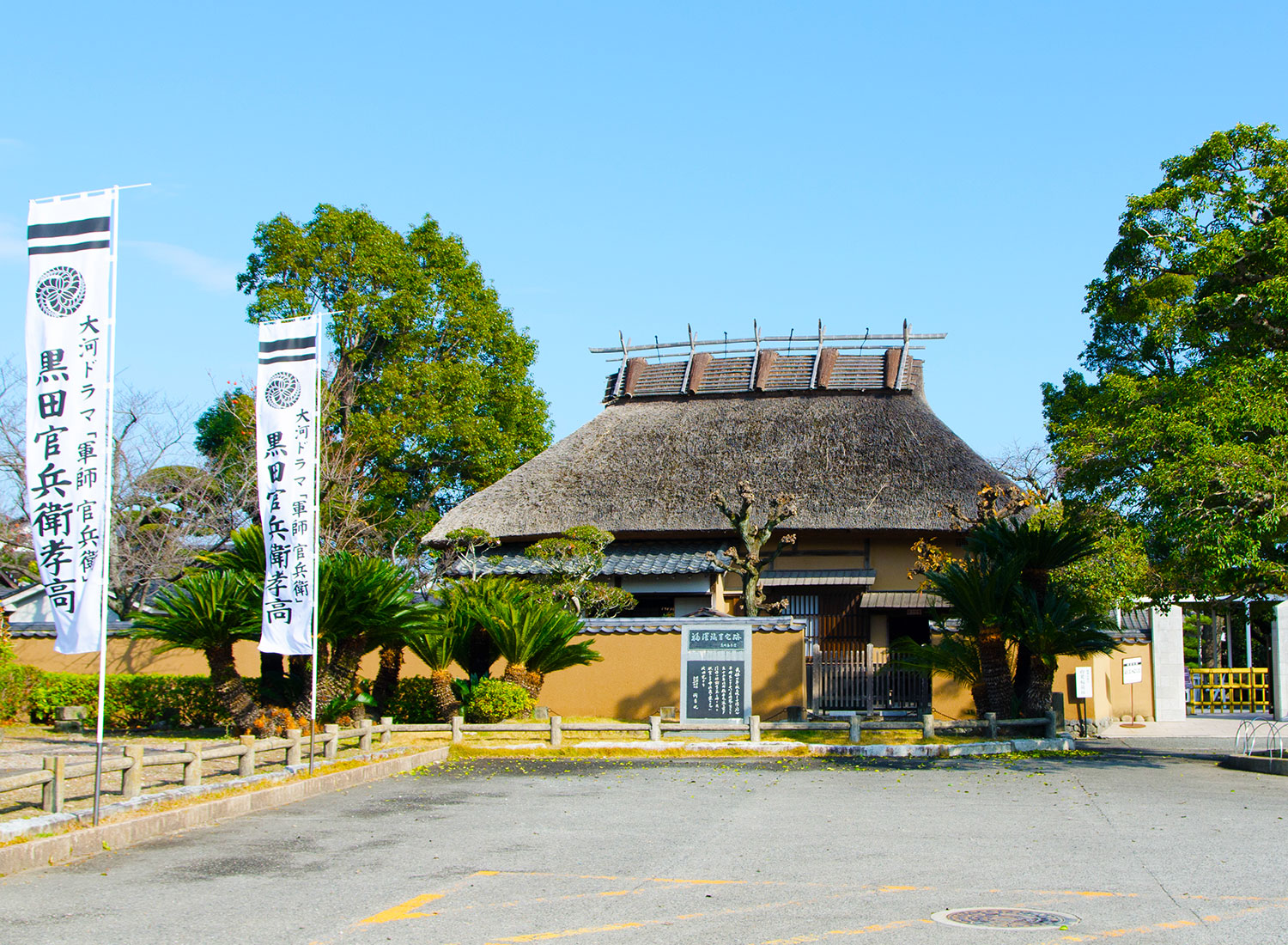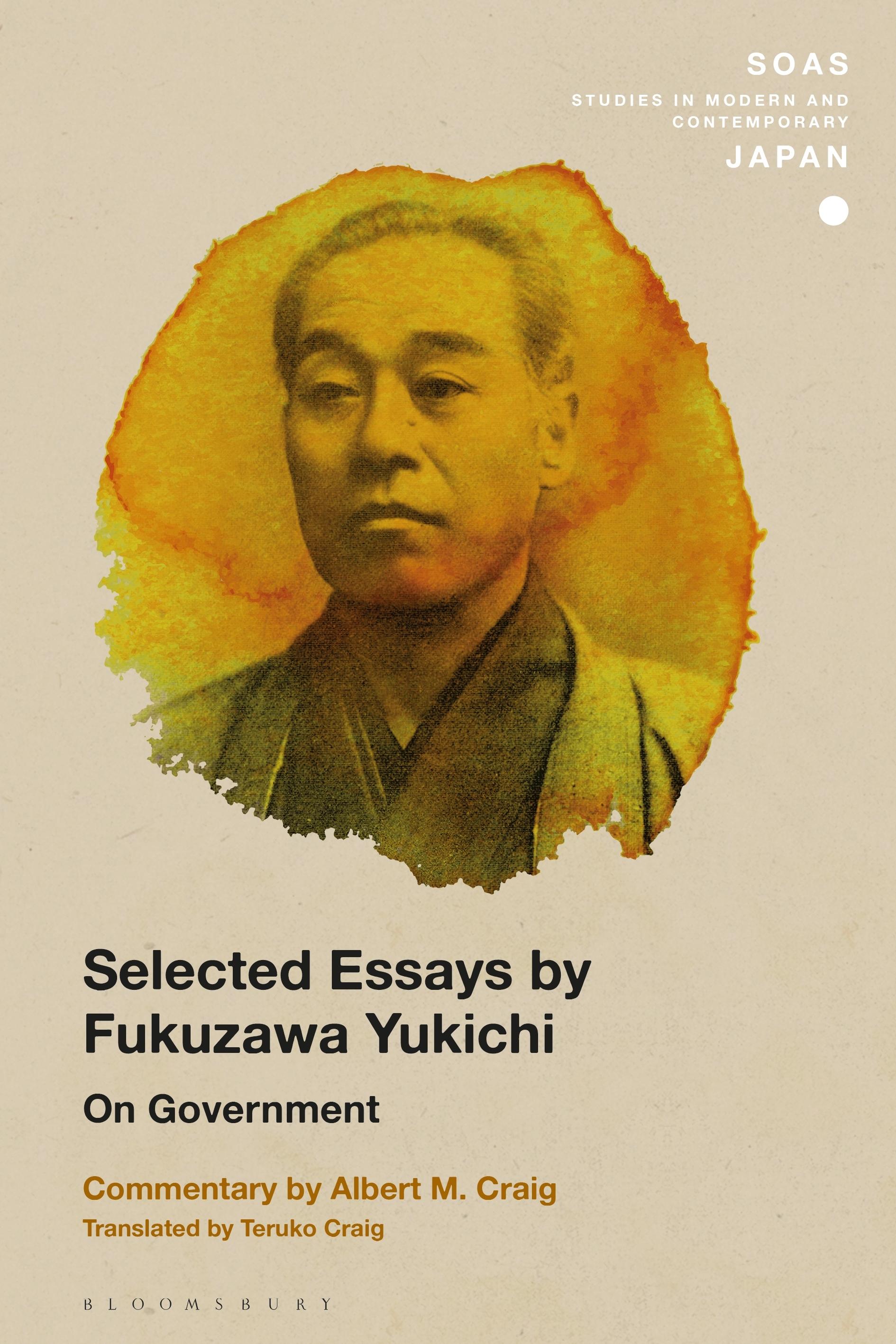Yukichi Fukuzawa: Pioneer of Modern Education and Enlightenment in Japan
Editor's Note: "Yukichi Fukuzawa: Pioneer of Modern Education and Enlightenment in Japan" has been published today to acknowledge the significant contributions of Yukichi Fukuzawa to Japan's educational and intellectual development.
Through extensive analysis and research, we have compiled this guide to shed light on the groundbreaking achievements of Yukichi Fukuzawa. This guide aims to provide valuable insights into his life, philosophies, contributions, and lasting impacts, serving as a resource for understanding the transformation of Japan in the late 19th and early 20th centuries.
Key Differences and Takeaways:
| Yukichi Fukuzawa | Japan before Fukuzawa | |
|---|---|---|
| Education | Established modern schools, promoting Western knowledge and critical thinking. | Traditional education focused on Confucianism and feudal values. |
| Enlightenment | Introduced Western philosophy and ideas, challenging traditional beliefs and promoting individual rights. | Society was largely influenced by feudal customs and isolation. |
| Modernization | Advocated for Japan's modernization through adoption of Western technologies and institutions. | Japan was largely isolated and technologically behind the West. |
Yukichi Fukuzawa: A Catalyst for Change

Yukichi Fukuzawa, 1835-1901: The Spirit of Enterprise in Modern Japan - Source www.commoncrowbooks.com
FAQ
Frequently asked questions about Yukichi Fukuzawa, the distinguished Japanese philosopher, educational reformer, and author.

渋沢栄一 | Uniiique(ユニーク)– Z世代の“個性”と“トレンド”を創り出すプロダクション - Source uniiique.jp
Question 1: What were Fukuzawa's contributions to education in Japan?
Fukuzawa advocated for a modern education system that emphasized critical thinking, analytical skills, and a global perspective. He believed that education was the key to advancing Japan and preparing its citizens to navigate the complexities of the modern world.
Question 2: What was the significance of Keio University, founded by Fukuzawa?
Keio University, established by Fukuzawa in 1858, became a leading institution for Western-style education and a hub for intellectual and social change. It provided students with a comprehensive education that included Western sciences, humanities, and political thought.
Question 3: How did Fukuzawa influence Japan's political and social landscape?
Through his writings and political activism, Fukuzawa played a pivotal role in shaping Japan's modern identity. He advocated for individual rights, democracy, and the adoption of Western ideas and institutions.
Question 4: What was Fukuzawa's view on the role of women in society?
Fukuzawa was a proponent of women's education and empowerment. He believed that women should have equal access to education and opportunities, and that their contributions were essential to the progress of the nation.
Question 5: How is Fukuzawa's legacy still relevant today?
Fukuzawa's ideas on education, social progress, and individual responsibility continue to inspire and guide Japan's educational and cultural ethos. His emphasis on critical thinking and a global outlook remains essential in the face of contemporary challenges.
Question 6: What are some popular books written by Fukuzawa?
Fukuzawa's most notable works include "An Encouragement of Learning," "The Outline of a Theory of Civilization," and "Conditions in the West." These writings provided a comprehensive framework for understanding the challenges and opportunities of Japan's modernization.
Yukichi Fukuzawa's insights into education, society, and global affairs continue to resonate and inspire, leaving a profound legacy on Japan's development.
Transition to the next article section
Tips
Yukichi Fukuzawa, a pioneer of modern education and enlightenment in Japan, provided invaluable insights into the pursuit of knowledge and personal growth. By embracing his principles, one can navigate the path of enlightenment and foster a mindset conducive to lifelong learning.
Tip 1: Cultivate Independence of Thought
Challenge conventional wisdom, question assumptions, and form opinions based on critical analysis. Embrace the ability to think for oneself and avoid blindly following the masses.
Tip 2: Seek Knowledge Beyond Boundaries
Transcend the limits of one's own culture and explore knowledge from diverse sources. Embrace the perspectives of others and expand one's intellectual horizons.
Tip 3: Develop a Strong Work Ethic
Diligence and persistence are essential for the pursuit of knowledge. Set clear goals, establish a consistent study schedule, and never shy away from hard work.
Tip 4: Exercise Self-Discipline
Control impulses, manage distractions, and prioritize tasks effectively. Self-discipline enables one to focus on the pursuit of knowledge and personal growth without succumbing to temptations.
Tip 5: Embrace Open-mindedness
Be receptive to new ideas, perspectives, and experiences. Challenge preconceived notions and approach the world with a willingness to learn and grow.
Tip 6: Value Education Over Credentials
Pursue knowledge for its intrinsic value, not solely for the sake of status or recognition. The true measure of education lies in the development of critical thinking skills and a lifelong thirst for learning.
By incorporating these principles into one's life, individuals can embark on a transformative journey of enlightenment, empowering them to navigate the complexities of the modern world with clarity and purpose. Yukichi Fukuzawa: Pioneer Of Modern Education And Enlightenment In Japan remains an enduring source of inspiration for anyone seeking to cultivate an enlightened and purposeful life.
Yukichi Fukuzawa: Pioneer Of Modern Education And Enlightenment In Japan
Yukichi Fukuzawa's multifaceted contributions left an indelible mark on Japan's modernization. As an educator, philosopher, and social reformer, he played a pivotal role in shaping the nation's intellectual and educational landscape.

Yukichi Fukuzawa :: Discover Oita | Oita, Japan | Tourism Information - Source www.discover-oita.com
- Educational Pioneer: Founded Keio University, Japan's first private modern university.
- Enlightenment Advocate: Translated Western classics, introducing new ideas and perspectives to Japan.
- Philosophical Thinker: Promoted individualism, self-reliance, and the importance of practical knowledge.
- Social Reformer: Advocated for women's rights, economic liberalization, and the abolition of feudalism.
- Cultural Influencer: Established the daily newspaper Jiji Shimpo, shaping public opinion and fostering national identity.
- Visionary Statesman: Advised the Meiji government on foreign policy and modernization, contributing to Japan's rise as a global power.
Fukuzawa's emphasis on education and enlightenment empowered Japanese citizens with the knowledge and skills necessary for progress. His progressive ideas challenged traditional norms and fostered a culture of inquiry and critical thinking. His legacy continues to inspire generations of Japanese and serves as a testament to the transformative power of education and enlightenment in shaping the destiny of a nation.

Fukuzawa Yukichi - Desktop Wallpapers, Phone Wallpaper, PFP, Gifs, and - Source alphacoders.com
Yukichi Fukuzawa: Pioneer Of Modern Education And Enlightenment In Japan
Yukichi Fukuzawa's pioneering efforts in modern education and enlightenment played a pivotal role in shaping Japan's transition into a modern nation-state. His emphasis on individual autonomy, critical thinking, and scientific inquiry laid the foundation for an educated and progressive society, fostering the development of a modern Japanese intelligentsia.

Soas Studies in Modern and Contemporary Japan: Selected Essays by - Source www.walmart.com
Fukuzawa's establishment of Keio University in 1858 marked a significant milestone in Japan's educational landscape. This institution became a bastion of modern learning, offering a comprehensive curriculum that included Western sciences, literature, and social sciences. By promoting a holistic approach to education, Fukuzawa aimed to cultivate well-rounded individuals capable of contributing to the advancement of their nation.
Moreover, Fukuzawa's prolific writings, including his influential "Conditions in the West" (1860), played a crucial role in disseminating knowledge about the Western world and its scientific, technological, and social advancements. Through his writings, he challenged traditional Japanese values and customs, advocating for the adoption of modern ideas and institutions. Fukuzawa's tireless efforts to enlighten the Japanese people sowed the seeds for a cultural and intellectual transformation that would ultimately shape the course of Japanese history.
Conclusion
Yukichi Fukuzawa's unwavering dedication to modern education and enlightenment left an indelible mark on Japan's development as a modern nation-state. His pioneering spirit and transformative ideas continue to resonate today, inspiring future generations to pursue knowledge, critical thinking, and a commitment to progress.
Fukuzawa's legacy serves as a reminder of the profound impact that education and enlightenment can have on a society, empowering individuals to shape their own destiny and contribute to the advancement of humanity.